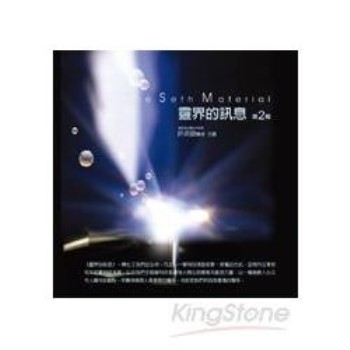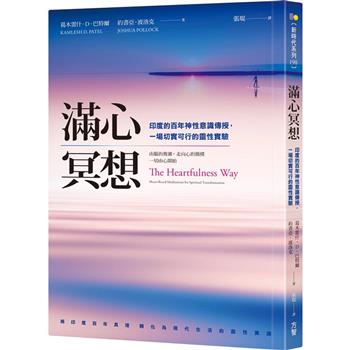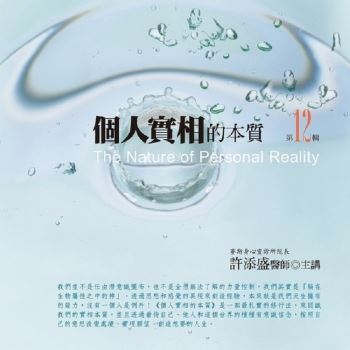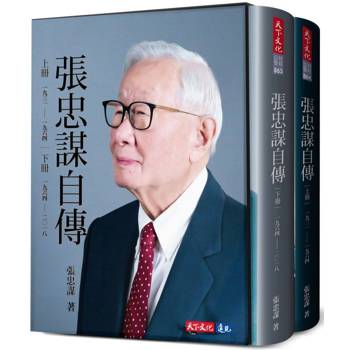This book explores the key conceptual stakes underpinning historical epistemology. The strong Anglophone interest in historical epistemology, since at least the 1990s, is typically attributed to its simultaneously philosophical and historical synthetic approach to the study of science. Yet this account, considered by critics to be an unreflective assumption, has prevented historical epistemology from developing a clear understanding and definition, especially regarding how precisely historical and philosophical reflections on the sciences should be combined. Thus, this book uniquely analyses how the problems and tensions inherent to the "contemporary" phase of historical epistemology can be clarified by reference to the "classical" French phase. The archaeological method of Michel Foucault, which draws on and transforms fundamental insights by Gaston Bachelard and Georges Canguilhem, is used to exert an enduring influence on the field--especially through the work of Ian Hacking and his philosophical cum historical analyses of "styles of scientific reasoning". Though this book is of great value to academic specialists and graduate students, the fact it addresses questions broad in scope ensures it is also relevant to a range of scholars in many disciplines and will provoke discussion among those interested in foundational issues in history and philosophy of science.
Vagelli’s book provides a both unique and uniquely important window into historical epistemology and its relation to contemporary philosophy of science. Unique because nowhere else can one find a single work that treats the range of topics that he covers. Uniquely important because Vagelli’s clear, concise, and comprehensive survey details key interrelationships among a range of American, British, and European views currently in play regarding historical epistemology and philosophy of science as well as the institutional and intellectual vectors driving their associated epistemological positions - Paul Roth, UC Santa Cruz, USA

 看圖書介紹
看圖書介紹










